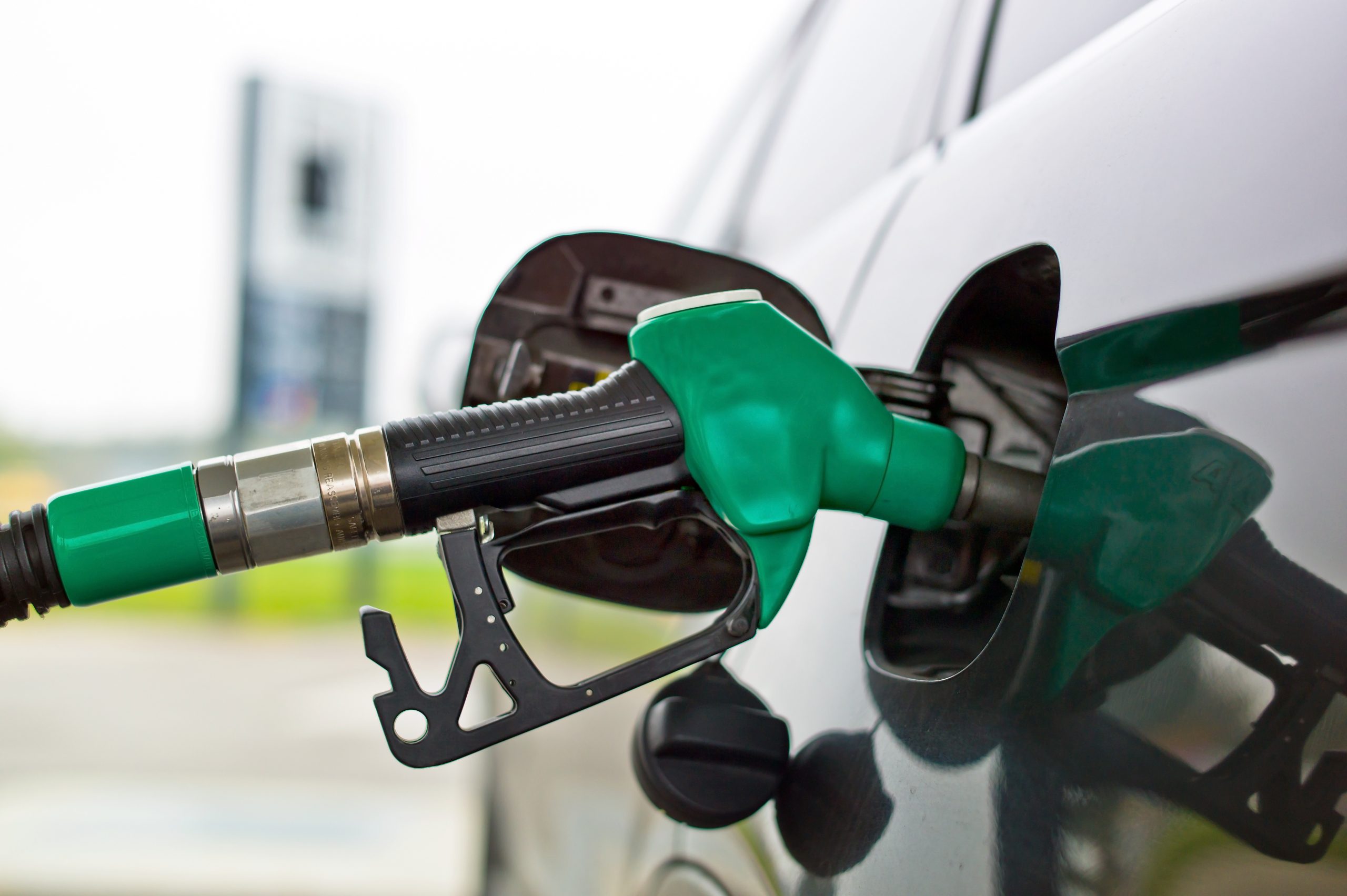The introduction of E10 petrol, a grade with up to 10% renewable ethanol, is subject to a consultation, but the Government calculates that its use could see emission reductions equivalent to taking up to 350,000 cars off the road each year. As of 2011, all new cars sold in the UK must be E10 compatible.
While E10 petrol may be greener, research carried out by consumer magazine What Car? suggested that the fuel was potentially less efficient than current E5 petrol, with the problem exacerbated in smaller-engined cars. Economy tests on four cars filled with E10 returned an average 8.4% reduction in MPG.
That previously prompted the Petrol Retailers’ Association to say that reduced MPG should be reflected in the wholesale price of E10 petrol, which should be set at a proportionately lower level by reducing duty.
Transport Secretary Grant Shapps anticipates E10 will become the standard grade of petrol at UK filling stations from next year thereby replacing E5, which contains up to 5% bioethanol.
Mr Shapps said: “The next 15 years will be absolutely crucial for slashing emissions from our roads, as we all start to feel the benefits of the transition to a zero-emission future.
“But before electric cars become the norm, we want to take advantage of reduced CO2 emissions today. This small switch to petrol containing bioethanol at 10% will help drivers across the country reduce the environmental impact of every journey. Overall this could equate to about 350,000 cars being taken off our roads entirely.”
The Government said that E5 petrol would continue to be available in the higher octane ‘Super’ grade only.
